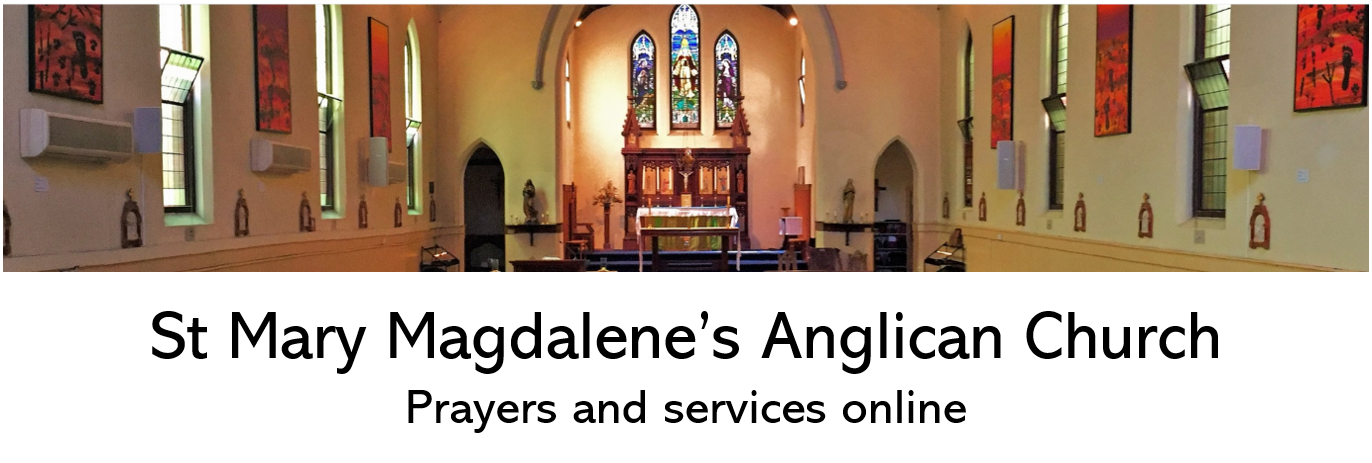humanity is a family which has hardly met.
Theodore Zelden

The Spirit or “Go-between” God is the life-giving, erotic impulse, the spark of recognition, the relational pull and attraction in whom we find life.
Jesus as the Word reminds us that our relationship with God is a kind of conversation, a “dialogue of salvation”. When we are out of sync, out of tune with it, we no longer experience life creatively but destructively. This capacity for dialogue or conversation is rooted in the nature of the person and our human dignity. We cannot “fully find ourselves except through a sincere gift of ourselves”. (Vatican II)
The purpose of dialogue is never to persuade another person to accept our opinions or values, or view of the world; rather it is to create understanding– a climate where communion takes place….
Dialogue demands that I leave the place I dwell- the landscape of feelings and thoughts that seem important to me – in order to dwell for a time with your thoughts, feelings, perceptions, fears, hopes. I must deny, myself – forsake the familiar, give up my life – in order to experience your life.
Elizabeth O’Connor

Think about the conversations you have with others.
How real or free are you in them?
Do they lead to greater awareness or depth?
What do you share or hide from your different conversational partners?

What kind of conversation do you have with God?
What words and images do you use?
How transparent or open are you? What gets left out? And why?
Is it a genuine dialogue, making room for the other? Do you listen?
And what’s the point of this conversation? Where is it leading?
Can you express your real, felt needs? Are you really yourself in it and through it?
How intimate are you with God?

Is [intimacy] perhaps the experience we have sometimes – rarely, but we do have it – of growing transparent, softly penetrated to every corner by another’s knowing gaze?
Robert Dessaix
John Paul II talked of the need for a spirituality of communion, and saw the Church as the school of communion, in which we discover dialogue as an exchange, not of ideas, but of gifts. In this sense dialogue is not so much a means of achieving or even working towards unity or communion, but a way of discovery. Communio is the One in whom we live and move and have our being. It is gift. It is task. It is truly the way things are.
“…the deepest level of communication is not communication, but communion. It is wordless. It is beyond words, and it is beyond speech, and it is beyond concept. Not that we discover a new unity. We discover an older unity. We are already one. But we imagine we are not. And what we have to recover is our original unity. What we have to be is what we are. Thomas Merton

For a printable PDF of Fr Philip’s meditation click on the link below.




